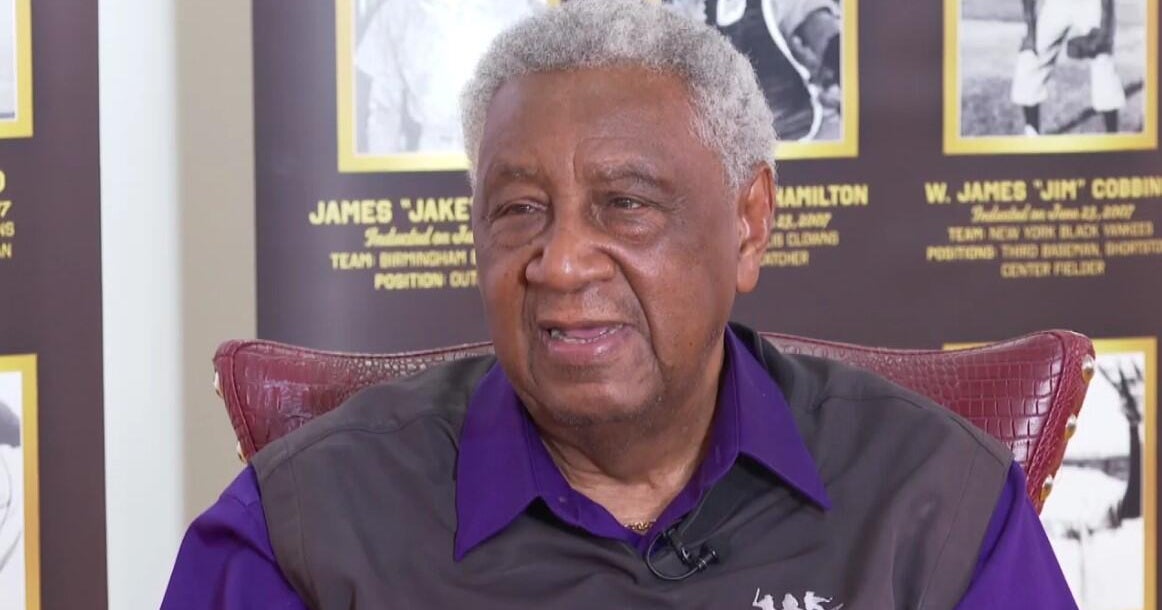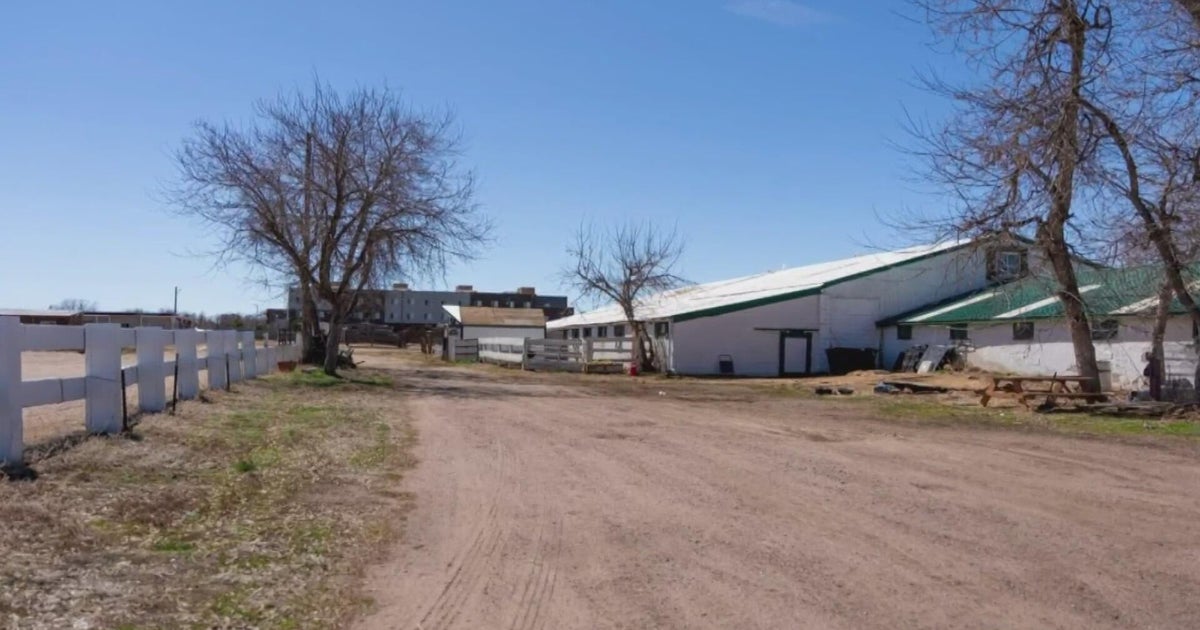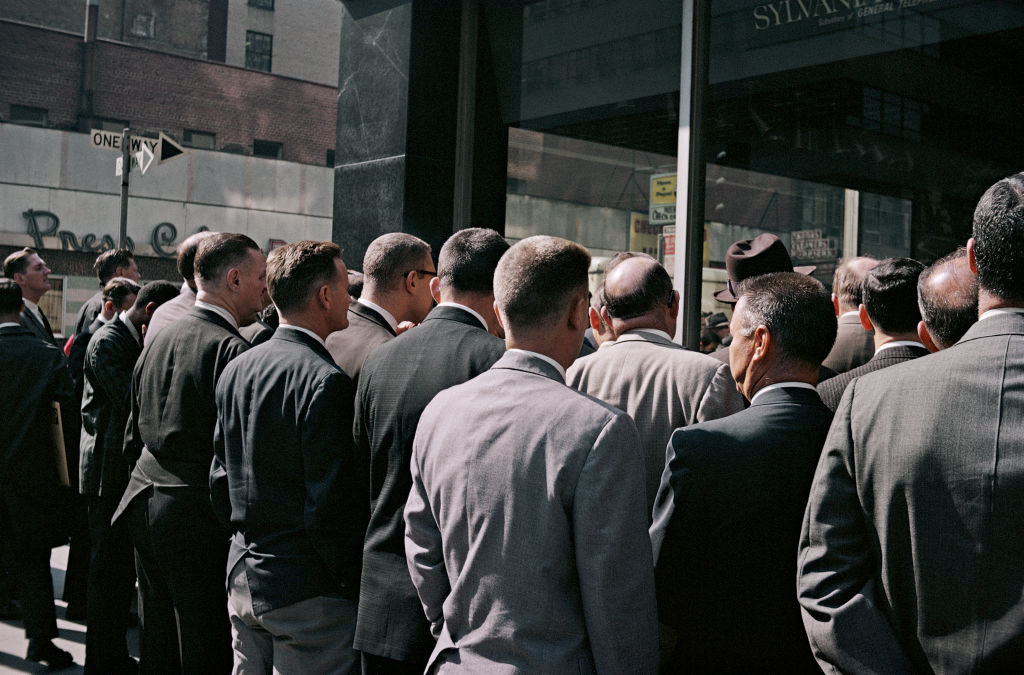Meet the woman on a mission to have retailers commit 15% of their shelf space to Black-owned brands
Aurora James was frustrated when she would go to stores and see a lack of Black-owned brands on shelves. It was out of that frustration that the fashion designer decided she needed to be a part of the solution by disrupting business as usual.
"I was so fed up as a woman and a woman of color, being disappointed by the choices that people or companies were making. But I also realized that I failed in a lot of ways to really ask for what I needed," James told CBS News' Michelle Miller.
In the aftermath of George Floyd's killing, she took to Instagram and demanded major retailers commit 15% of their shelf space to Black-owned brands, creating the initiative the "15 Percent Pledge." "Black people in the U.S. make up nearly 15% of the population," its website says.
According to a report conducted last June by the National Bureau of Economic Research, 41% percent of Black-owned businesses have closed due to the pandemic compared to less than 17% of White-owned businesses.
"I was having conversations with my friends about all of these corporations and the donations that they were making. And I was really like, 'No, guys like we need real change!' You know, Black businesses are dying out," James said.
James founded her luxury accessory brand, Brother Vellies, in 2013 and knows first-hand the barriers Black entrepreneurs face.
"I really did that without ever having even a loan from my bank or a company credit card. It was always one of those things where I was like, oh, you know, it's weird, even first round of PPP, like, didn't get it," James said.
"I was able to, like, get loans from various people. But to be honest, they weren't healthy loans that were helpful for my businesses. They weren't loans that any of my White male colleagues in the industry would have ever, ever, ever, ever, ever had to get," she recalled.
To date, more than 20 companies have signed on for James' "15 Percent Pledge" across the retail spectrum. Companies are asked to conduct an internal audit of their current spending power and contracts allocated to Black businesses, along with committing shelf space.
James said, "When we look at consumer trends right now, we're also seeing that people want to shop places that they believe in and they are not willing to just spend money anywhere anymore because we have fought hard for every single dollar that we make right now as Americans."
Sephora was the very first company to commit. Executive vice president and global chief merchandising officer Artemis Patrick said the retailer was excited to join James' mission.
"Within minutes of talking to Aurora, it became very clear that we were aligned, that this is really about a long-term plan that builds a platform for Black-owned and Black-founded beauty prestige brands to grow and succeed," Patrick said.
Patrick said that "people who are creating the brands should also be a representation of the people who are buying the brands."
Sephora evolved an already existing program dedicated to women founders and created Sephora Accelerate. The new initiative focuses on building Black, indigenous and people of color-founded beauty brands. Participants are paired with mentors and business strategists to ensure success.
Marie Kouadio Amouzame and Alice Lin Glover were among the first group of women selected. They are the creators of the skincare line Eadem.
"It was like winning the lottery for me. ... We did an interview with the Sephora team, and I really had to give them credit because I think when we're explaining our product, a lot of people struggle to understand exactly what we're talking about," Glover said. "But they themselves had a diverse panel of interviewers, and so they really seemed to understand what we were building and why it was important."
The pair met at Google, bonding over their shared immigrant background and being one of few women in the tech company. The two also shared a love for beauty and would often talk about it. But the idea to start a brand came years before.
"It was back in 2014 and this very famous black Hollywood actress was the face of a well-known brand and they had just launched a foundation product, and I was like "Oh my God, someone that looks like me, I need to buy this product," Amouzame recalled. "And I get to the counter and I asked for my shade, I'm like 'I want whatever she has' and the salesperson looks at me and he says 'Oh, we don't have your shade here.'"
That's when Amouzame said she decided she needed to do something in the beauty industry to bring more change and diversity.
For James, the creation of the "15 Percent Pledge" was about making a difference.
"When we talk about supporting small businesses and we talk about supporting small, Black-owned businesses in this country, what that really means is supporting underprivileged communities that need it the most. And it's important for everyone to understand that the 15 Percent Pledge isn't just about positively impacting Black people, it's about positively impacting the country at whole," James said.



